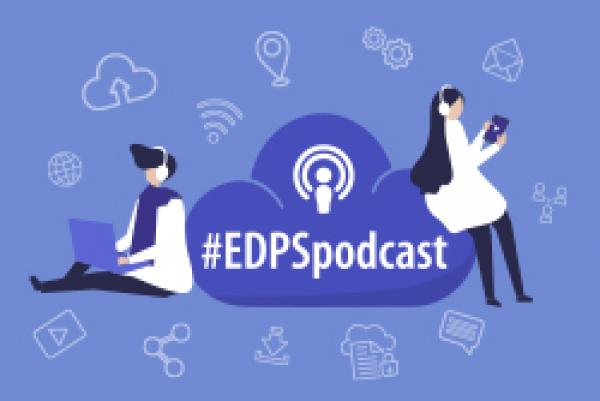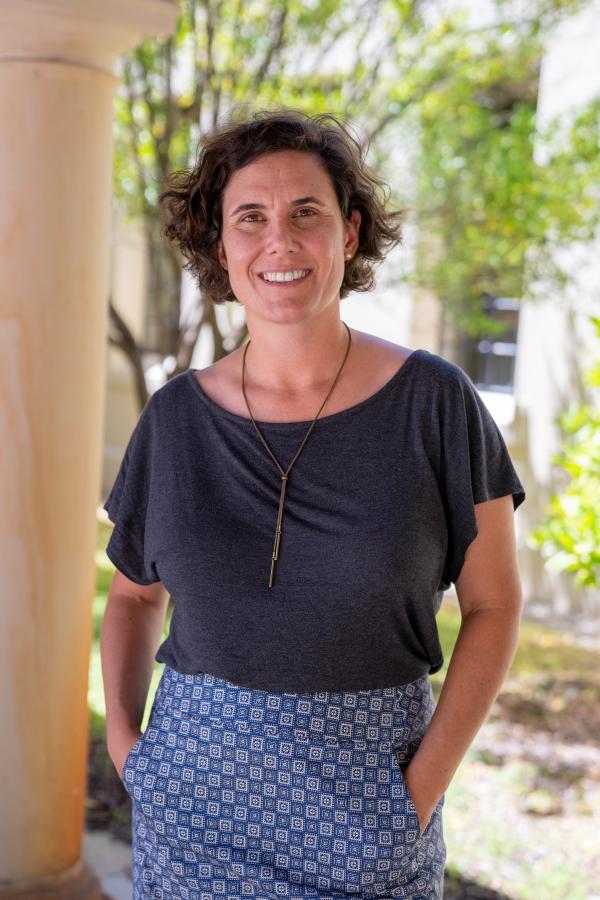
What is ethics? Can ethics and the law strengthen each other? Can ethics undermine the law? Does the law result from ethics? Can ethics ever be universal, or should they, on the contrary, always be contested and redefined?
As humanity develops powerful new technologies, we see how disparate efforts emerge towards defining what is right and wrong in the digital world. This raises questions on the very processes behind this ‘making of ethics’. Who defines what is right and wrong, how, and for whom? Are values being abused as marketing buzzwords and covers for problematic political and economic developments?
More and more governments convene expert boards to develop ethics guidelines for technological innovation. International organisations re-evaluate the meaning of fundamental values and principles and discuss the introduction of new human rights for the digital age. We also observe how tech companies invest in efforts to develop and promote their ethics codes, while tangible change in behaviour is unclear. At the same time, public administration is increasingly contracting them to manage public structures and spaces.
China is rolling out a social credit system building on avowed values of trust and harmony. India has established a biometric identification scheme. Policing based on predictive algorithms has become common in the United States. A major city in Canada is contracting a tech giant to develop a ‘smart city’ concept for addressing urban social challenges. The EU is debating the ethics of funding development of an ‘intelligent control system’ to test third-country nationals who reach the EU’s external borders using automated facial analysis.
With reference to real world developments, this first #DebatingEthics Conversation explores various understandings of ethics, how the ethics of the digital are ‘made’, and what role ethics play in tackling the challenges we are facing.
This podcast is presented by Giovanni Buttarelli and Wojciech Wiewiorowski.
You can listen to the podcast below or download the file. To follow all episodes, you can also download the podcast feed.
It was recorded on 28 February 2019. People could follow the live recording and submit questions to the speakers. Please note that all messages and content you might have shared during the live recording, including Personal Data about you or others, were available to all other participants in the meeting. You can read our data protection notice here.
Speakers
Pernille Tranberg is an independent speaker and advisor in data ethics for companies, authorities and organisations. She also speaks to individuals on the data society and on how to perform digital self-defence. She is co-founder of the European thinkdotank DataEthics.eu. She has written seven books: the latest Dataethics.eu/book (2016) with Gry Hasselbalch. She co-authored with Steffan Heuer FAKTE OT (2012, Peoples Press) about big data and digital self-defence.
“Ethics is when the law is not (yet) enough to respect citizens’ and consumers’ right to control their own lives.”
Joan Antokol is the managing partner of Park Legal LLC, a boutique data protection and security law firm with offices in Indianapolis and New Jersey. Previously, Joan was a partner at a large law firm headquartered in Indianapolis, and also chaired that firm’s data protection practice group. Since 2002, Joan has been a member of the International Working Group on Data Protection in Telecommunications. Joan is also a Privacy by Design Ambassador (appointed by the former Ontario, Canada Privacy Commissioner), based on her assistance in developing and implementing global privacy frameworks for multinational companies, and is the author of a number of data protection articles.
“Digital ethics is foundational to the success and growth of the Internet. Without rules, rights of individuals, and accountability, there can be no real trust. Those who choose not to play fairly on the Internet will experience a digital downfall as well as reputational and other risks, particularly as the public becomes more savvy about the stealth collection and use of their data online.”
Peter Schaar is Chairman of the European Academy for Freedom of Information and Data Protection, former German Federal Commissioner for Data Protection and Freedom of Information (2003-2013), and Chairman of the arbitration board of the gematik GmbH (Society for the introduction, maintenance and development of the electronic Health Card). He held various functions in the public administration and is guest lecturer at the University of Hamburg since 2007. He is a member of editorial boards of the European Data Protection Law Review (EDPL) and other journals and has published several books, among them The End of Privacy (2007), Total Surveillance – How We Protect our Data in the Future (2014), The Digital We – Our way into the transparent society (2015), Deceptive Security – How the Fear of Terrorism is Driving Us into a State of Emergency (2017).
"Data protection law does not fully protect individuals from negative effects of AI-based decisions, since it is only applicable so far personal data are processed. Supplementary regulations are necessary in order to prevent discriminatory and unfair treatment of data subjects.“
Sandra Wachter (Dr.) is a lawyer and Research Fellow in Data Ethics, AI, and robotics at the University of Oxford. Sandra also serves as a policy advisor for governments, companies, and NGO’s around the world on regulatory and ethical questions concerning emerging technologies. https://www.oii.ox.ac.uk/people/sandra-wachter/
“With Big Data comes big responsibility, we have to shape an algorithmic society that enables innovation and protects individual’s rights.”

Julia Powles is an Associate Professor of Law at the University of Western Australia, where she researches the law and politics of data and automation. Regularly consulted by governmental agencies and lawmakers in North America and Europe, Julia is now focused on the potential for innovation in tech regulation and governance in Asia-Pacific. Prior to joining UWA, Julia held academic appointments at New York University, Cornell Tech, and the University of Cambridge. She also worked in the Office of the Director General of the World Intellectual Property Organization, in legal practice, and as a contributing editor and policy fellow at The Guardian.
"Ethics is a discipline of rigour – not a marketing tool. Above all, ethics is not a crutch for the biggest companies in the world to evade legal and regulatory oversight."
Why EDPS Podcasts?
The EDPS podcasts are part of our efforts to engage in topical debates on data protection in an innovative and accessible way. Public discourse is increasingly shaped by online interaction in various forms. We are eager to play our part in this by bringing together various stakeholders and perspectives in our podcast discussions. Some of the podcasts will be interactive with the live recordings being open to anyone for listening in and sending questions and comments. As a forum of open, free and public debate, we believe they can contribute to shaping the discourse on new ethical, social and legal questions arising in the changing data protection ecosystem.